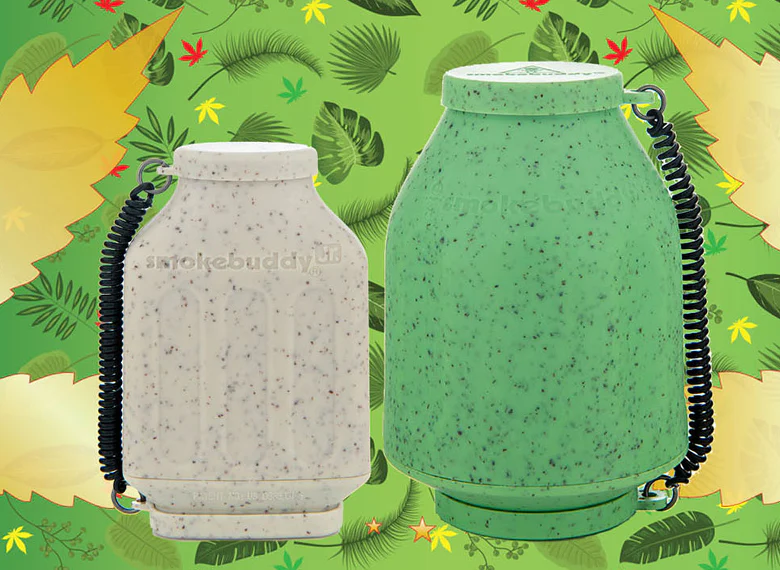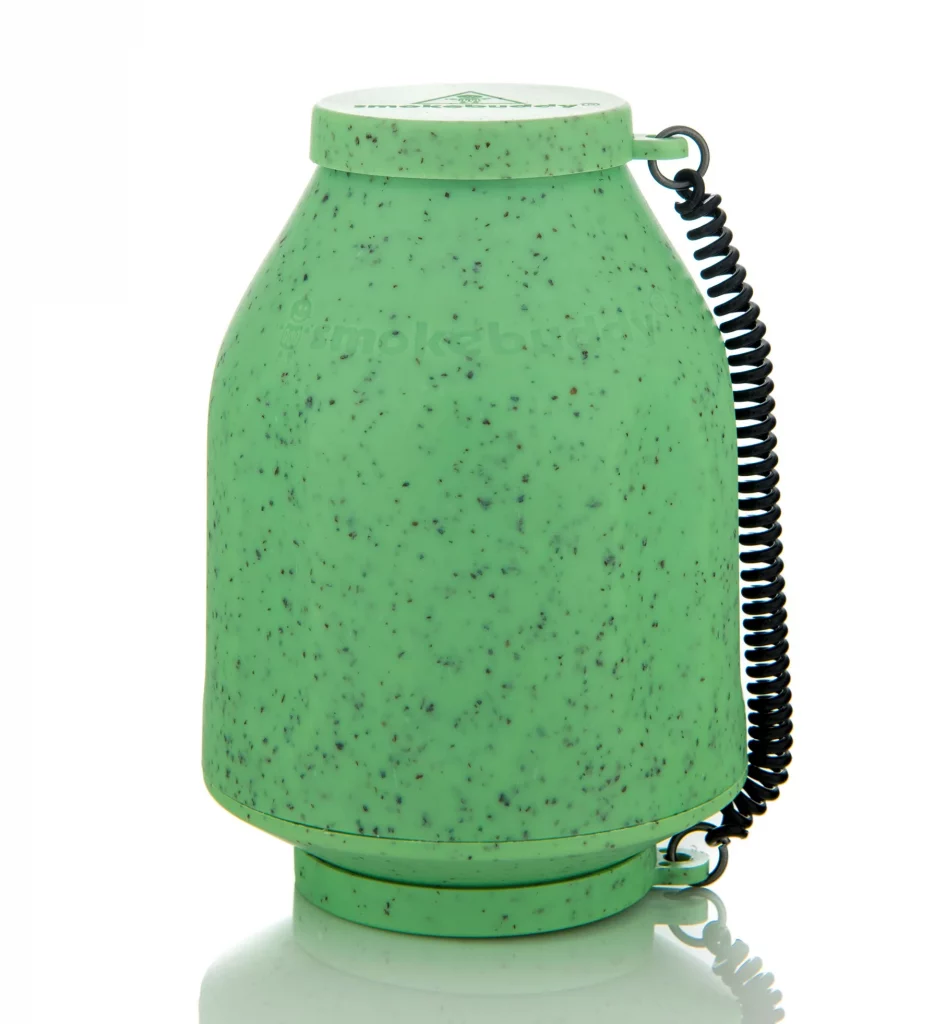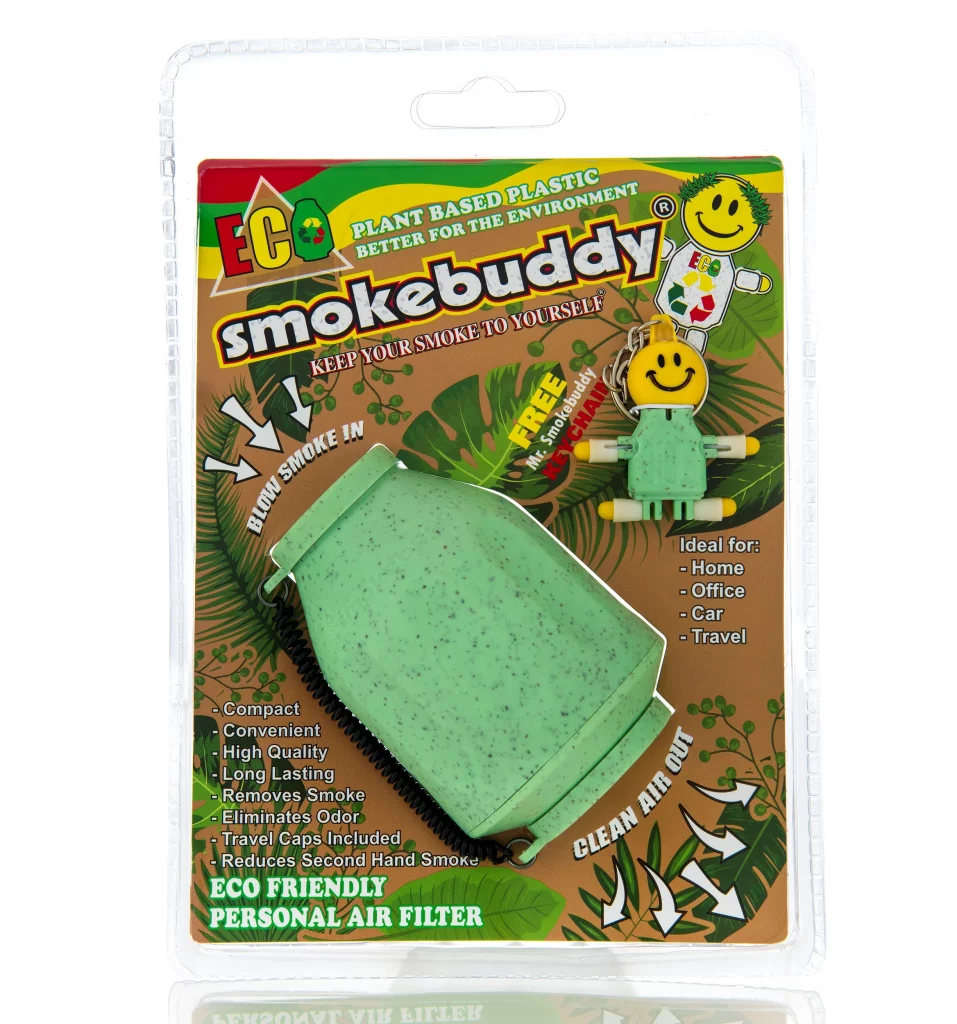Plant Based Air Filters: A Complete Guide

Table of Contents
- What Are Plant Based Air Filters?
- How Plant Based Air Filters Actually Work
- 7 Reasons to Switch to Plant Based Air Filters
- Types of Plant Based Air Filters
- How Long Do Plant Based Air Filters Last?
- How to Choose the Right Plant Based Air Filter
- Conclusion: The Future is Green (and Smells Better Too)
Air filters have come a long way from clunky machines that hum loudly in the corner. Now, we’re in the era of sustainable solutions, and right at the center of this green wave is a growing favorite: plant based air filters.
If you're the kind of person who cares about breathing cleaner air, reducing waste, and ditching harsh chemicals, this one's for you. Plant based air filters are reshaping how we think about indoor air quality, combining nature, science, and style into a pretty impressive package.
These filters aren't just a new trend. They offer a real, effective alternative to traditional filters made from synthetic materials.
Whether you're a smoke enthusiast who wants to chill without the lingering smell or just someone trying to make your home healthier, knowing what a plant based air filter does, how it works, and why it matters is a game-changer.
Let's break it all down.
Oh, but before that, let me tell you something about high-quality plant based filters. The one rockin’ it out there? Smokebuddy. Want to see for yourself? Use the coupon code SLYNG23 to get 20% off your purchase.
What Are Plant Based Air Filters?

Premium plant based air filters are exactly what they sound like: air filters made using plant-derived materials instead of traditional petroleum-based components.
These eco-friendly filters harness the power of natural fibers, activated charcoal from coconuts, hemp, bamboo, and even algae to trap airborne particles and eliminate odors.
Instead of relying on plastic-heavy HEPA filters or chemically-treated synthetics, plant based air filters go for renewable, biodegradable, and often compostable components.
They're used in household filters, portable personal air purifiers, and even smoke filter devices (yep, especially the kind you use after a fat sesh).
Key Components of Plant Based Air Filters
Most plant based air filters rely on a combo of natural fibers and plant-derived activated carbon. Think coconut shells turned into odor-sucking charcoal, or hemp woven into a tight mesh to catch airborne nasties.
These materials aren’t just biodegradable. They're seriously effective at doing the job.
Natural vs Regular Filters: What’s the Real Difference?
Regular personal air filters can release microplastics, take forever to break down, and often contain residues from manufacturing.
In contrast, plant based air filters are cleaner in every sense. They perform comparably, sometimes even better, depending on what you're filtering.
Plus, they don’t pollute the environment when you're done with them.
How Plant Based Air Filters Actually Work
You don’t need to be a scientist to get how these filters function.
They follow the same core principle as any air filter: draw in air, trap the bad stuff, and let clean air out.
The difference is in the how. Instead of using synthetic mesh or plastic-based layers, plant based air filters use layers of natural fibers and activated carbon to achieve the same result.
Filtering Out Smoke and Odors
For smoke users especially, this is a big win.
A good plant based air filter can handle even the most stubborn clouds of smoke.
That means cleaner vibes at home, no complaints from roommates, and no scent trail betraying your session.
Dealing with Dust, Pollen, and Toxins
Because these filters rely on natural fibers, they often have superior breathability and air flows freely. But irritants? They don’t.
They're excellent for trapping allergens, pet dander, and even VOCs (volatile organic compounds) emitted by things like paint, cleaning supplies, or burning candles.
7 Reasons to Switch to Plant Based Air Filters
Switching to plant based air filters isn’t just about feeling good, there are real, tangible benefits. Here's why more people are making the move:
1. Eco-Friendly and Sustainable
Most synthetic air filters are made from non-renewable resources and take hundreds of years to decompose. Plant based air filters?
They're biodegradable, renewable, and often compostable. That’s a major flex for anyone trying to reduce their footprint.
2. No Harsh Chemicals
You won’t find bleach, formaldehyde, or weird chemical binders in most plant based air filters.
They're naturally safe, which means better air for your lungs and less environmental harm overall.
3. Highly Effective Against Odors
Using materials like coconut shell carbon, these filters crush odors without adding fragrance. So instead of masking smells, they eliminate them.
Huge win for smokers, pet owners, and foodies who don’t want last night’s curry lingering.
4. Great for Allergies
People with asthma or allergies often find plant based air filters to be gentler but just as effective. They trap pollen, dust, and other allergens without releasing irritants.
5. Stylish and Compact Options Available
Plant based doesn’t mean primitive. Many modern filters with plant-derived materials come in sleek, portable designs. Some are pocket-sized, making them perfect for on-the-go use.
6. Safe for Pets and Kids
Because they avoid synthetic chemicals, plant based air filters are a great pick for households with curious kids or pets that like to sniff everything.
7. Support Ethical Brands
Buying plant based air filters often means supporting companies that value sustainability, ethical labor, and small-scale production. You're not just purifying air. You’re backing better practices.
Types of Plant Based Air Filters

Let’s talk about variety. Not all plant based air filters are made the same, and that’s actually a good thing. It means you can find one that works exactly how you need it to.
Portable Personal Filters
These are small, discreet, and often handheld. They’re perfect for smoke filtering or personal use in small spaces like dorms or shared apartments.
Smokebuddy-style filters often fall into this category.
Room Filters
For broader air coverage, plant based air filters designed for rooms can handle everything from pollen to lingering smoke after a sesh.
These are great if you want a natural, chemical-free alternative to traditional air purifiers.
Wearable or Mask Filters
More niche but still awesome, some companies are using plant materials in mask filters, ideal for city dwellers dealing with pollution.
How Long Do Plant Based Air Filters Last?
Depending on usage and design, these filters can last from a few weeks to several months.
For smoke filtering devices, you might need to swap them more frequently if you're a heavy user. But the cool part?
Most parts are compostable or recyclable, so even when you do toss one out, it won’t haunt a landfill for a millennium.
Tips to Extend the Life of Your Filter
- Store your filter in a cool, dry place when not in use
- Don’t over-pack with too much smoke or airflow at once
- Replace filter components promptly when airflow starts to feel restricted
How to Choose the Right Plant Based Air Filter
If you’re overwhelmed by the choices out there, no worries. Just think about your main priorities.
Think About Your Usage
If you’re using it mostly for smoke, go for high-absorption filters with coconut carbon. If you’re more worried about allergens, choose dense fiber filters.
Check the Ingredients
Look for transparency. Reputable brands will proudly list their materials, like hemp, bamboo, or coconut fiber. Avoid vague “plant-based” claims with no backup.
Consider the Form Factor
Want something to fit in your pocket? Or something that sits on a shelf? There are great plant based air filters in both categories.
Conclusion: The Future is Green (and Smells Better Too)
If you haven’t tried plant based air filters yet, now’s a solid time to get on board. These innovative tools give you cleaner air without all the junk, plus the added bonus of doing right by the planet. Whether you're filtering smoke, killing odors, or just trying to level up your living space, there's a plant based solution waiting to make your air game stronger.
In a world full of toxic fumes, plastic waste, and chemically-laced purifiers, plant based air filters are a breath of fresh air, literally. So ditch the fake stuff, trust nature, and breathe easier.
